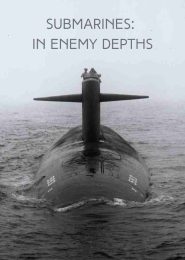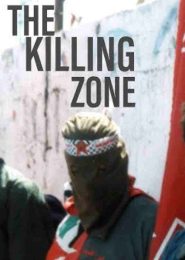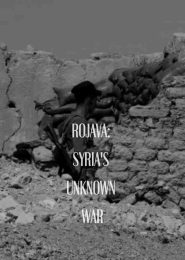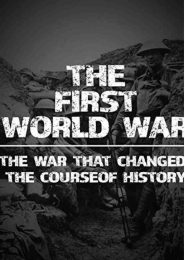Yugoslavia: The Avoidable War (1999)
In the tumultuous landscape of the Balkans, where ethnic fault lines intersect, the 1999 documentary Yugoslavia: The Avoidable War unravels the intricate web of events that led to the disintegration of Yugoslavia. Directed by George Bogdanich, this critical examination sheds light on Western intervention and its role in the devastating civil wars that engulfed the region during the 1990s.
A Multifaceted Perspective: The film challenges simplistic narratives. It doesn’t merely point fingers; it dissects the complexities. The Balkan conflict wasn’t a binary tale of good versus evil. Instead, it was a mosaic of historical grievances, nationalist fervor, and geopolitical maneuvering. The documentary introduces us to the players—the Serbs, Croats, Bosniaks, and Kosovars—each with their narratives of victimhood and aggression.
The Western Lens: Yugoslavia: The Avoidable War scrutinizes Western involvement. Diplomats, politicians, and military strategists grapple with choices. Their decisions reverberate across borders. The film questions whether the West’s actions inadvertently fueled the flames. Did the rush to recognize newly independent states overlook simmering tensions? Did the imposition of economic sanctions worsen the situation? These are uncomfortable inquiries, but they demand answers.
The Missing Pieces: Critics argue that the documentary isn’t exhaustive. It doesn’t delve deeply into Serbian atrocities, such as the Srebrenica massacre. Some dismiss it as pro-Serb propaganda. Yet, it offers a counterbalance—an antidote to the prevailing narrative. It compels viewers to question media portrayals and seek nuance. The truth lies in the gaps—the stories untold, the crimes unacknowledged.
Journalists and Testimonies: The film relies on journalists who reported from the war zones. Their firsthand accounts pierce through biases. We hear from US and British sources—voices that echo the filmmakers’ perspective. The testimony is compelling. It reveals the fog of war—the fog that obscured atrocities committed by all sides. The takeaway: war defies neat categorizations; it stains everyone involved.
Legacy and Reflection: In its 2-hour 45-minute runtime, Yugoslavia: The Avoidable War leaves us with haunting questions. Could diplomacy have averted the bloodshed? Was intervention necessary or reckless? The ghosts of Yugoslavia linger—the lives lost, the cities razed. The film urges us to learn from history—to recognize that wars are rarely inevitable; they are often the culmination of avoidable missteps.
As the credits roll, we grapple with our own biases. The Balkans remain a scar on Europe’s conscience. The documentary reminds us that peace is fragile, and the cost of avoidance can be catastrophic. Perhaps, by revisiting this avoidable war, we can chart a path toward prevention—a path where humanity triumphs over hubris.




